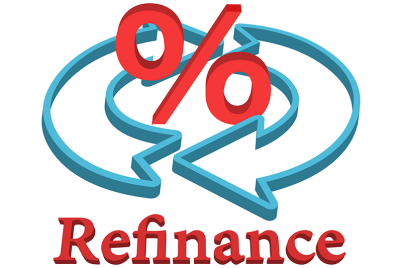BY JASON ALDERMAN
To parents with a freshman entering college this fall: You’re probably expecting to shell out major bucks for tuition, room and board and a million other necessities over the next few years. But before you send your kid off, make sure you share one gift likely to steer him or her along the road to financial security – a sound understanding of how credit works.
You probably learned the hard way yourself that young adults encounter many unfamiliar expenses – and temptations – upon entering college or the workforce. So it’s important to help your kids avoid early financial missteps that could damage their credit for years to come.
The first step in managing personal finances is mastering the basic checking account and debit card. A few tips you can pass along:
- Look for a bank or credit union that charges no monthly usage fee, requires no minimum balance and has conveniently located ATMs so you don’t rack up foreign ATM charges.
- Enter all transactions in a check register or in a budgeting tool like Mint.com and review your account online at least weekly to verify when deposits, checks, purchases and automatic payments have cleared.
- Avoid writing checks or making debit card transactions unless your current balance will cover them – such transactions often clear instantly.
A good way to build sound credit is to demonstrate responsible credit card use. But people under age 21 must have a parent or other responsible adult cosign credit card accounts unless they can prove sufficient income to repay the debt. So how can parents help their kids begin building a credit history if they can’t open their own account? A couple of alternatives:
- Make them an authorized user on one of your accounts. They’ll get their own card and you can usually restrict the amount they’re able to charge. Authorized users are not legally responsible to pay balances owed – that’s your responsibility, so tread carefully.
- You can add them as a joint account holder to a new or existing account – preferably, one with a small credit limit. Joint account holders are equally liable to pay off the account.
- Just remember, any account activity, good or bad, goes on both your credit reports, so careful account monitoring is critical.
If your kids haven’t yet demonstrated financial maturity they may not be ready for an unsecured credit card or loan. Other alternatives include:
- A secured credit card, where users can charge up to the amount deposited to open the account. Purchases are charged against the account’s revolving credit limit. As they pay off the balance the available credit rises, just like a regular credit card. After a period of on-time payments, ask the lender to convert it to an unsecured card, or to at least add an unsecured amount to the account.
- A prepaid debit card, where you load the card with money in advance and they use the card for purchases or ATM withdrawals. You monitor account activity online or by phone.
- With each, fees and restrictions may apply so shop around for the best terms.








